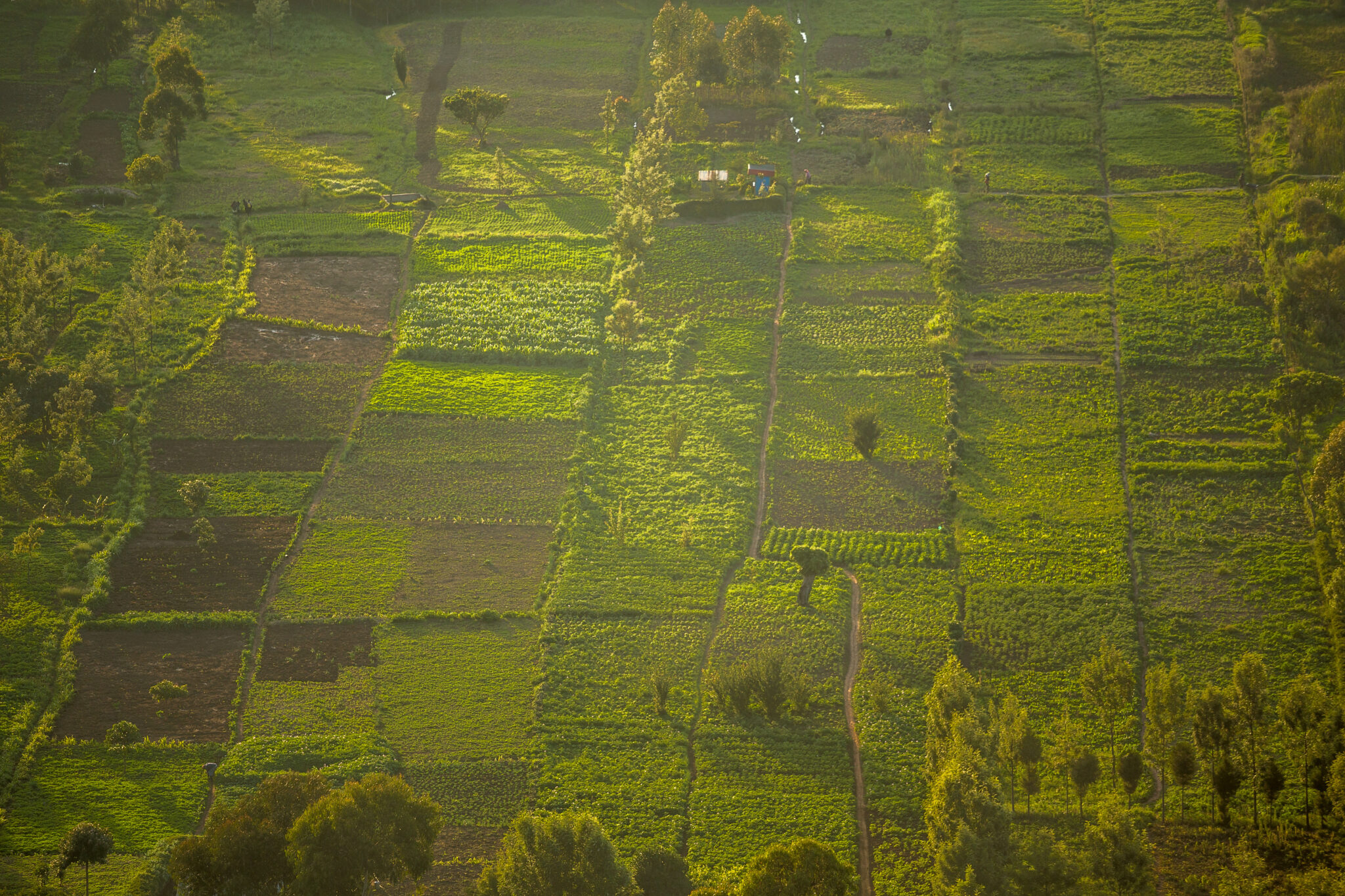Relaxing credit constraints and tenure insecurity in imperfect markets

Photo credit: malajscy via Adobe Stock Images
Study Context
Helping citizens secure land titles and productively leverage their land is a priority in many low- and middle-income countries. Available evidence shows that titling programs can unlock economic opportunities by providing greater security in land ownership, opening up new ways to invest in agricultural production or generate off-farm income. In Uganda, 90% of the population live in rural areas and 80% of the land is held under non-registered customary tenure. This has motivated the Government of Uganda and the World Bank to launch an initiative to help households formalize their land holdings, with a focus on increasing women’s land rights. Experimental rollout of the titling initiative led by the Ministry of Lands, Housing, and Urban Development (MLHUD) has shown that providing households with financial and informational incentives successfully increases land registration and joint spousal titling. These findings have already informed the design of a US$150 million additional financing operation in Uganda in 2019, the Competitiveness and Enterprise Development Project.
Study Design
However, do households have enough liquidity (cash on hand) to pursue investment opportunities unlocked by formal titling? To answer this question, the researchers layered an additional experiment into the rollout of the program in rural Uganda. A randomly selected subset of women participating in the titling intervention also received a UGX 700,000 (~US$200) cash transfer. There were no restrictions on how to use these funds, yet most recipients (70%) reported that they plan to purchase livestock or farm-related inputs. By comparing women who received either cash or a title, women who received both, and a control group who received neither, the researchers can measure the separate (and joint) impacts of cash and land titles.
Results & Policy Lessons
The COVID-19 pandemic and subsequent lockdown in Uganda led to delays in data collection and implementation plans. In-person household surveys were paused in March of 2020 and data collection was reoriented to a mobile phone survey, which collected pre-intervention data for a limited sub-set of indicators.
Households in rural Uganda were offered fully-subsidized land titles and basic information about the benefits of land titling. Providing additional gender information and making the offer conditional on female co-titling raised the take up of joint titles to about 76 percent and 89 percent, respectively, without dampening overall demand for titling.
Future research with in-person household and agricultural plot surveys is planned to examine the longer-run impacts of the titling intervention and the shorter-run impacts of the cross-cutting liquidity intervention.

